Noticia
40 youngsters will study thanks to the CRISFE-UPS scholarships
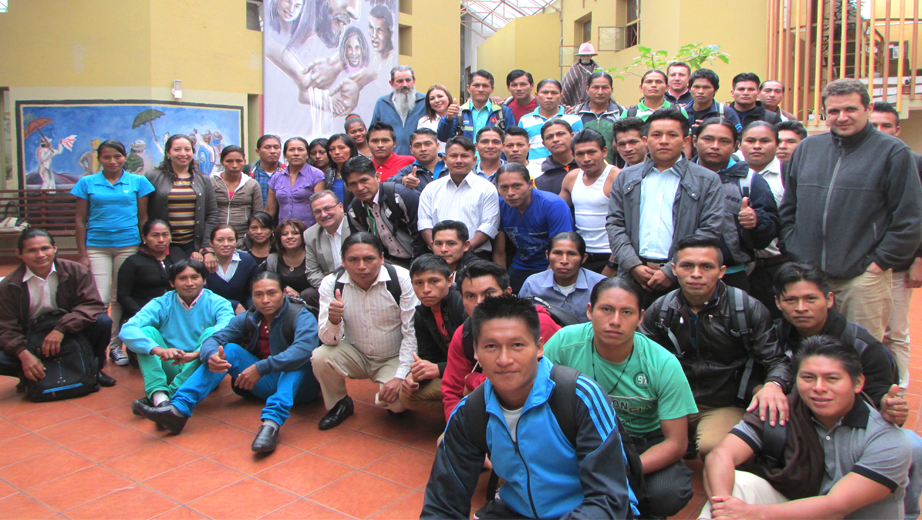
In October, the board in charge of assigning university scholarships for the CRISFE Foundation's program "Formal Education" and UPS representatives met for the academic evaluation of scholarship holders. The meeting was attended by Lola Vasquez, director of the community involvement department; Sebastian Granda, director of the intercultural education major; Pablo Ortiz, director of the management of sustainable development major; and Lenin Bustamente, director of Fundación CRISFE´s program for formal education.
They agreed to award 40 scholarships this semester, 20 for Achuar youngsters who study intercultural education and 20 for students majoring in sustainable development. According to the agreement between UPS and CRISFE, the foundation covers 50% of the tuition and UPS covers the other 50%.
So far, both institutions have awarded 165 scholarships to students who major in intercultural education and 20 to those majoring in sustainable development. The scholarship holders come from communities such as: Ankuash, Puyo; Llallanag, Chimborazo; El Milagro, Imbabura; Yuyaupi Tixán, Alausí; Gatazo, Colta; Pujilí, Cotopaxi, Congoma Grande, Sto. Domingo de los Tsachilas; El Ángel, Carchi; Calceta, Manabí, and others.
Students who major in intercultural education have the opportunity to become professionals in education and contribute to educational, social and cultural development in their communities. Most scholarship holders are from indigenous communities in the mountain region and the amazon.
Since the sustainable development major was created in 1997, one of its priorities has been to assure that social sectors that were traditionally excluded could have access to higher education.
This strategy has allowed students who live in poverty, especially indigenous people, afro Ecuadorians and mestizos, from 16 provinces and almost 100 communities to study and graduate. It has also generated new social and political leaders, it has strengthened organizations, allowed inclusion for women and there are professionals who work for the government where they can contribute from a critical perspective by being more inclusive and working for local development.
Contenidos Relacionados
Contenidos Relacionados
Noticias Relacionadas
Noticias Relacionadas

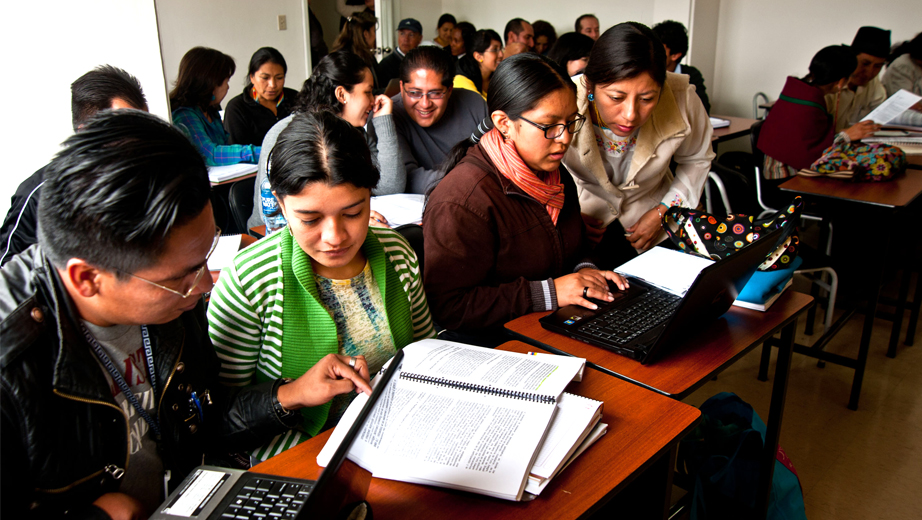
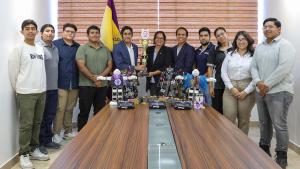
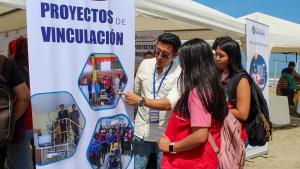
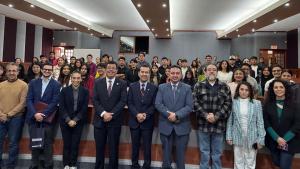

Follow us
Follow us